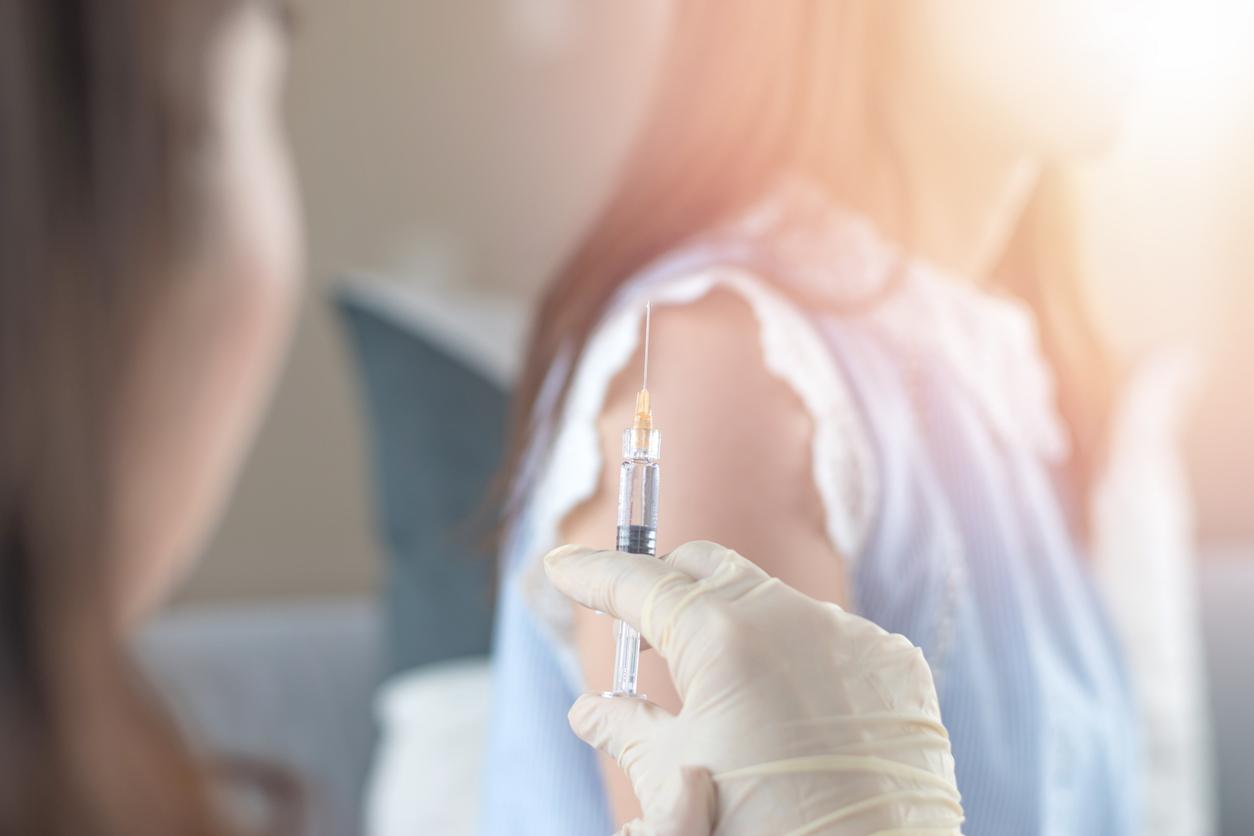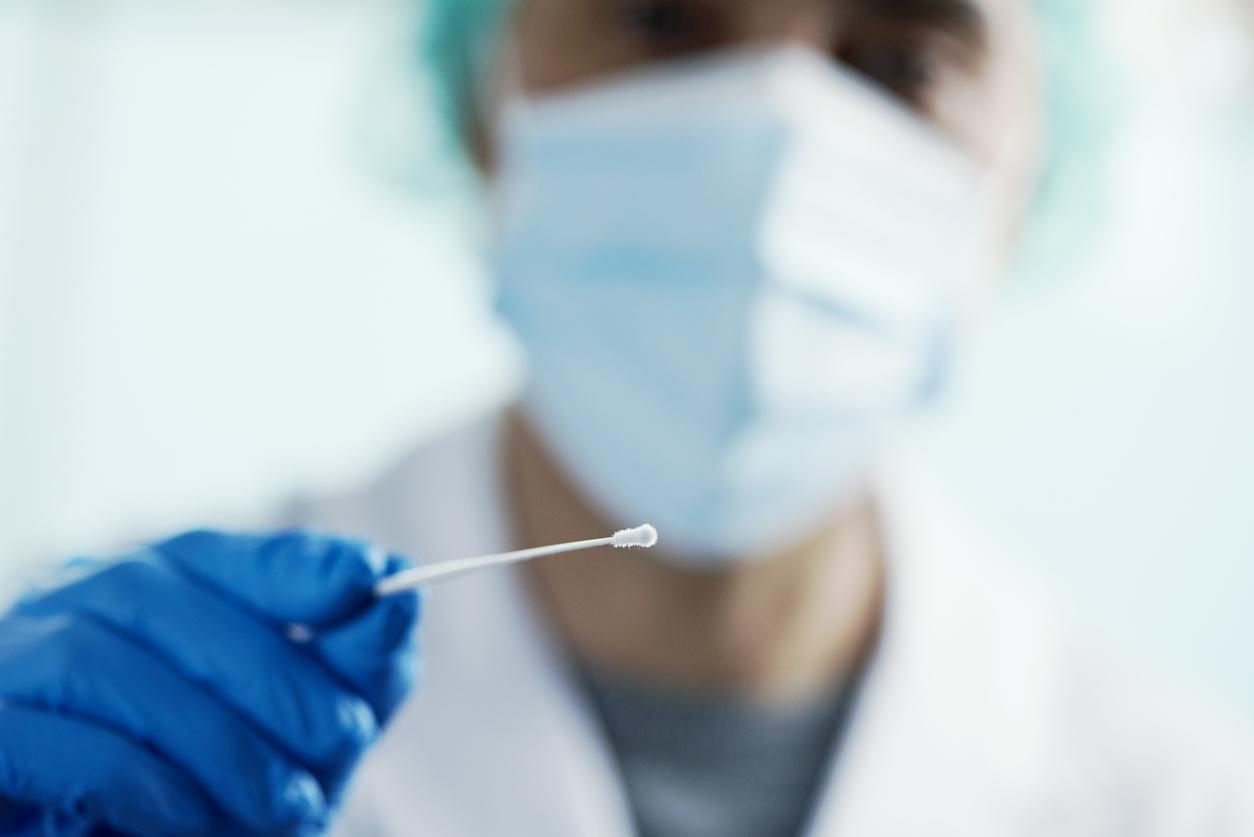Capable of preventing 29 infectious diseases, vaccines have saved millions of lives around the world. However, vaccination coverage remains insufficient in France.

Vaccination uses the memory of the immune system: it consists of administering fragments of a pathogenic agent (virus or bacteria) or proteins identical to those encountered by pathogenic agents, to an individual to protect him from a subsequent encounter with the same officer.
Capable of preventing 29 infectious diseases, vaccines have saved millions of lives around the world, since the first vaccinations against smallpox in the 18th century. By protecting yourself, you also protect the community from the development of serious epidemics, and in particular the most vulnerable people (pregnant women, infants, immunocompromised or elderly people). However, vaccination coverage remains insufficient in France (objectives: 95% for all recommended vaccinations and 75% for influenza).
Incentive, information, simplification
Our vaccination coverage is particularly insufficient for measles, which is extremely contagious (one infected person infects between 15 and 20 others). For several years, epidemics of measles have been declared on the territory, killing several people a year, even though it is a disease that one could hope to eradicate thanks to vaccination. “The fact that a child dies from a vaccine-preventable disease is an outrage,” protests Dr Tedros Adhanom Ghebreysus, the director general of the WHO.
The flu vaccination rate is also insufficient. Flu vaccination coverage (all age groups combined) has stagnated around 45% since 2015, compared to 60% in 2009. “The flu vaccination coverage figures are not good”, confirms Dr Benjamin Wyplosz, infectiologist in the infectious diseases department of the CHU de Bicêtre. “Many things can explain the insufficient vaccination coverage in France. First of all, there is a lack of incentive (many caregivers do not get vaccinated against the flu, transmitting it to their patients), a lack of information (we think we will never catch it, that vaccines make people sick or that they are ineffective*) and also difficulties in carrying them out. For some people who are already sick, it is complicated to travel to buy the vaccine , to keep it cold, to find someone to do the injection… The fact that pharmacists can now vaccinate will certainly simplify things”, believes Benjamin Wyplosz.
Vaccinations made compulsory
In an attempt to improve French vaccination coverage, the so-called “compulsory” vaccines were extended in January 2018. “I hate coercion, it’s not in my temperament. But there, there is urgency”, had explained the former Minister of Solidarity and Health Agnès Buzyn to the Parisian, speaking of a “real public health problem”.
In addition to vaccines against diphtheria, tetanus and poliomyelitis (previously the only 3 compulsory vaccines), here are the 8 other vaccinations made compulsory for children under 2 years of age in 2018: whooping cough, Haemophilus influenzae type b, hepatitis B, measles-mumps-rubella (MMR), pneumococcal infection, meningococcal C infections. These 11 vaccines are essential for the child to be admitted to the community.
Electronic vaccination record and prevention appointments
“To facilitate citizens’ follow-up of their vaccination status, drug companies are proposing the implementation of an electronic vaccination record at the national level, with a view to integration into the shared medical file”, explain for their part the drug companies (Leem). They also recommend “to set up prevention appointments including vaccination at key periods of life: schooling, adolescence, entry into working life, retirement”.
What vaccine strategy against Covid-19?
What about the potential coronavirus vaccine? “Already the flu vaccine remains optional for the majority of us, we cannot make it compulsory”, believes Benjamin Wyplosz. “It is still too early to establish a vaccine strategy, if only because we do not know how many doses of vaccine will have to be administered for it to be effective. But it will certainly be necessary to establish the people to be vaccinated in first, like caregivers or firefighters”, he continues.
It is impossible to talk about vaccine strategy without mentioning the search for a vaccine against COVID-19, which today mobilizes global research in infectiology. The French and British pharmaceutical groups Sanofi and GSK announced this Thursday, September 3 the launch of the phase I / II clinical trial of their candidate vaccine against Covid-19. It’s about “an important step and one more step towards the development of a potential vaccine to help us defeat Covid-19”, welcomes Thomas Triomphe, executive vice-president of Sanofi.
Phase I/II clinical trial marks start of human testing of vaccine candidate after preclinical studies reveal “a promising safety and immunogenicity profile”, states the press release. The randomized trial, which will be carried out double-blind with a placebo, will be done on 440 adults. It aims to assess the safety, tolerance and immune response profiles of this candidate vaccine against Covid-19. “Moving this vaccine candidate into clinical development is an important step in the efforts to fight the pandemic we are facing,” advance Roger Connor, president of GSK Vaccines, in the press release of the two companies.
In the vaccine race, Sanofi and GSK are not in the lead. The American vaccine candidate, developed by the Pfizer laboratory in partnership with the biotech Moderna, has already entered phase III of clinical trials, the last before marketing. Donald Trump hopes to have a vaccine ready by November 1, and the United States is reportedly preparing for a large-scale vaccination plan for that date. The same is true for British researchers at Oxford, with the pharmaceutical company AstraZeneca, who hope to obtain the results in the fall in order to be able to offer the vaccine by the end of the year. The candidate vaccine developed by the Chinese laboratory CanSino is also in phase III of clinical trials which are being carried out in Brazil and Indonesia. In addition, at the end of July, the government announced on public television that it had already launched a vaccination campaign for 20,000 people at risk.
*One in three French people do not believe vaccines are safe, making France one of the most skeptical countries in the world.
Subject made from the LEEM file “100 questions about medicine”.
Find below the LEEM sheets on the themes “Where is the vaccine industry?” and “Vaccines: why are they the spearhead of prevention?”:
https://www.leem.org/100-questions/ou-en-est-lindustrie-du-vaccin?q=vaccination
.

















